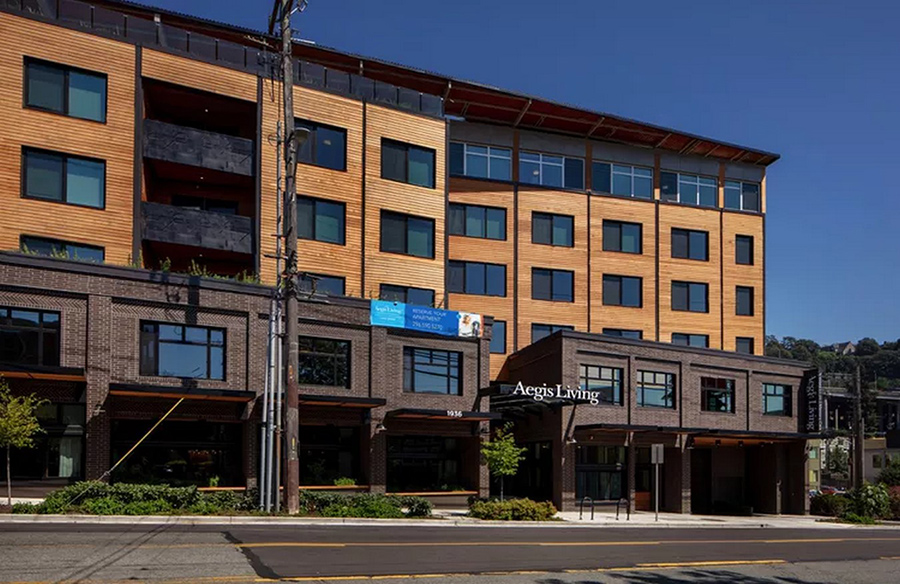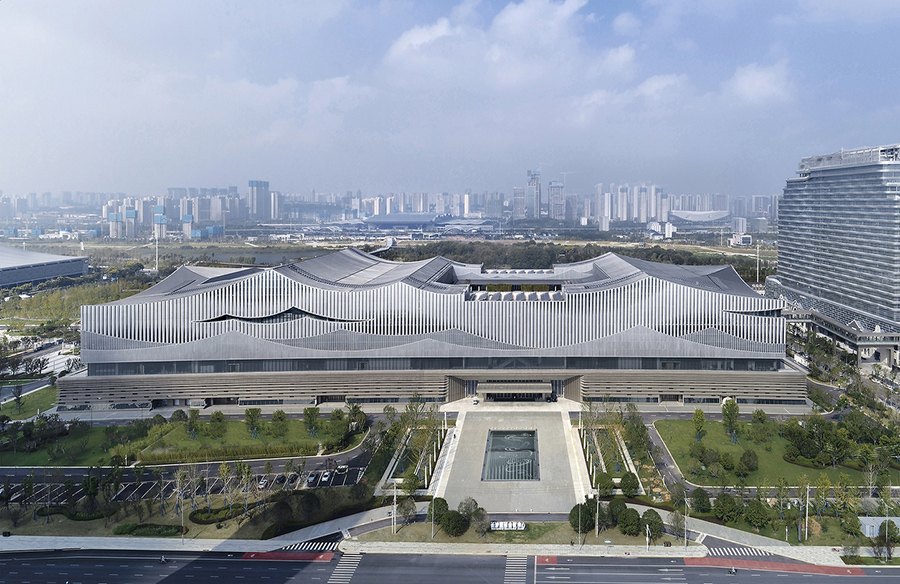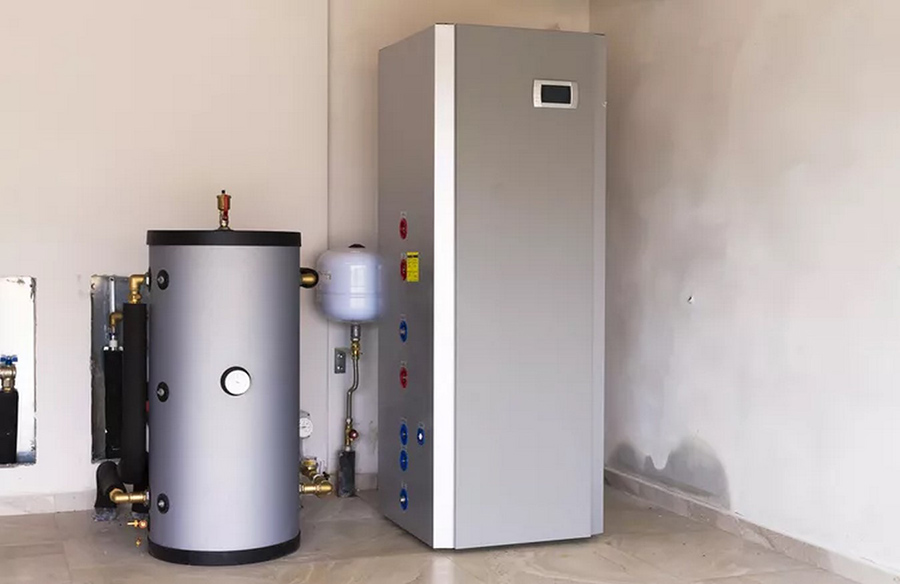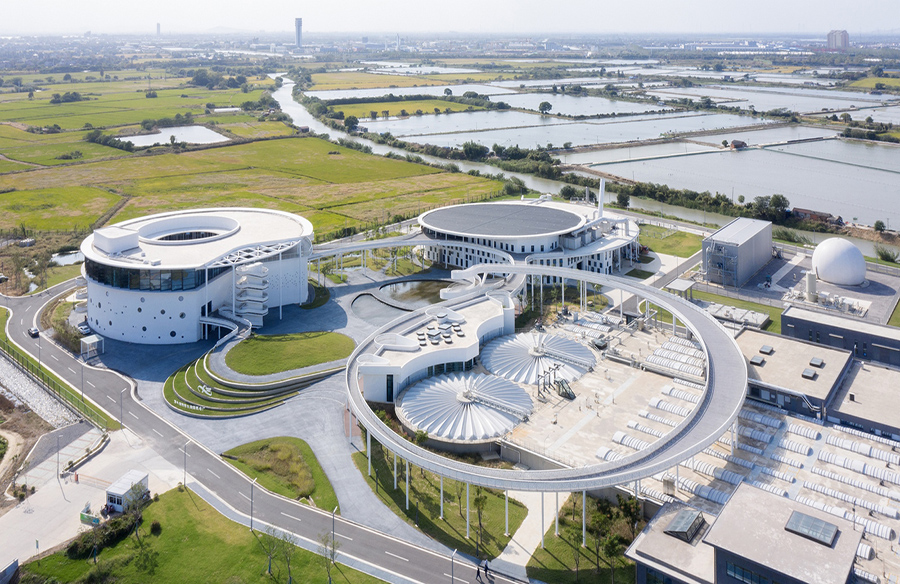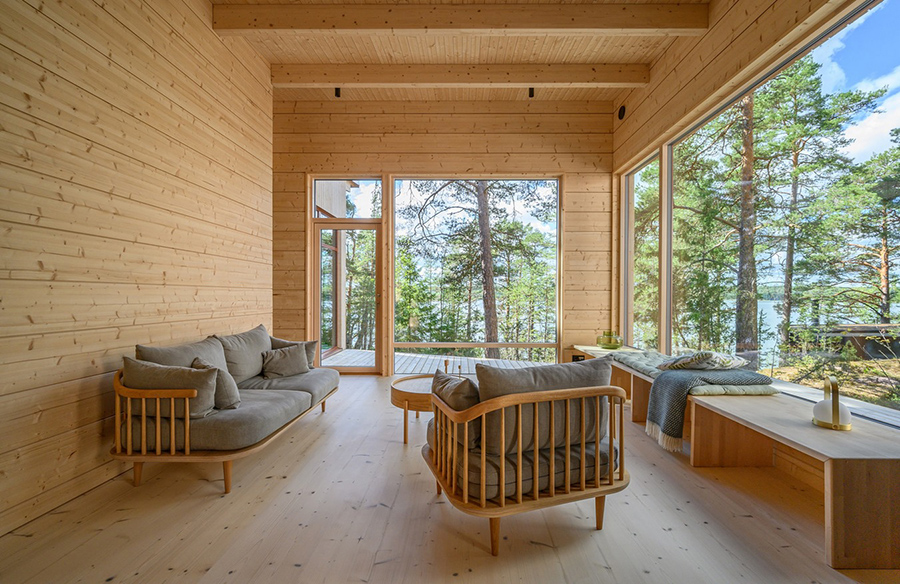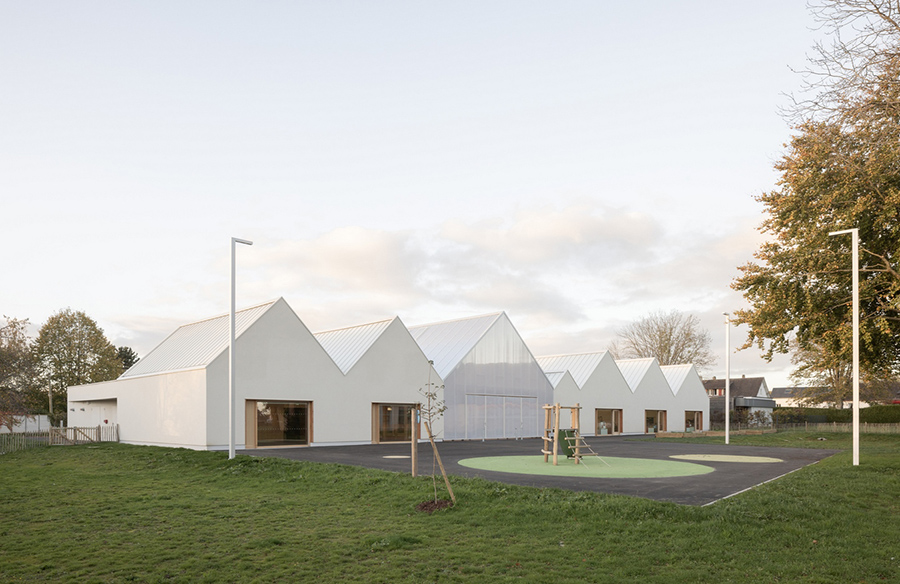The Aegis Living Lake Union assisted living community in Seattle is making waves in the world of architecture for exceeding expectations set by its initial renderings. Designed to meet the rigorous criteria of the Living Building Challenge (LBC), known as one of the most stringent green building standards globally, this project represents a significant milestone in sustainable design.
Pursuit of LBC Petals
While aiming to achieve certification under the Living Building Challenge, Aegis Living and its architects, Ankrom Moisan, are targeting three out of the seven petals: energy, place, and beauty. Notably, the building’s energy demands are met through a combination of onsite solar power and energy-efficient design features, including a state-of-the-art thermal envelope and recirculating heat pump system.

Sustainable Features
The community’s commitment to sustainability extends beyond energy efficiency. By utilizing captured rainwater and treated greywater for non-potable purposes, Aegis Living saves over 140,000 gallons of water annually. Moreover, the project emphasizes wellness and resident comfort, with amenities such as a balance studio featuring tranquil waterfall views.
Reflections on Design Choices
While the project falls short of pursuing all seven LBC petals, its achievements are commendable given the challenges of designing for a healthcare environment. Despite not addressing aspects such as materials and health optimization, the community sets a new standard for environmentally conscious senior living.

Bridging Aging and Climate Resilience
In an era marked by climate uncertainty, Aegis Living’s sustainable approach to senior care offers a beacon of hope. By prioritizing resilience and resource efficiency, the community ensures a safer and healthier environment for its aging residents, demonstrating the potential for sustainable design to address pressing societal needs.
Conclusion
The Aegis Living Lake Union community stands as a testament to the transformative power of sustainable architecture. As aging populations confront the realities of climate change, initiatives like this exemplify the intersection of environmental stewardship and compassionate care. While challenges remain, the project underscores the importance of innovation and collaboration in shaping a greener, more resilient future for all.
